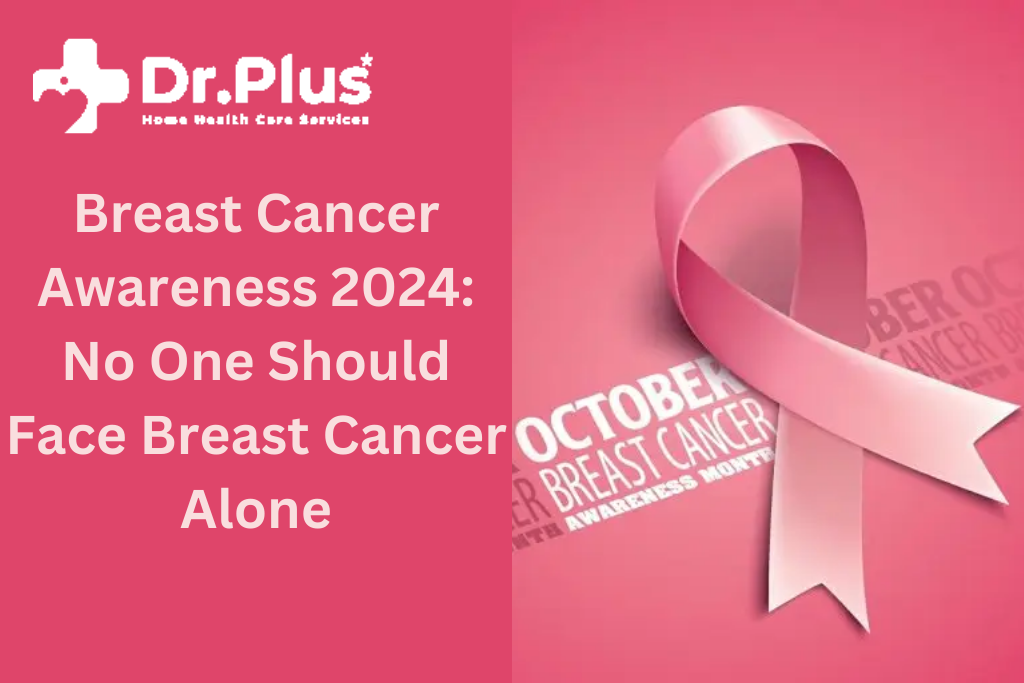
Breast Cancer Awareness 2024: No One Should Face Breast Cancer Alone
Breast cancer is one of the most prevalent and life-altering diseases affecting millions of women and men around the globe. Over the years, significant strides have been made in raising awareness about this condition, leading to better detection, treatment options, and support networks. The theme for Breast Cancer Awareness in 2024, “No One Should Face Breast Cancer Alone,” emphasizes the critical role of community, empathy, and solidarity in the fight against this disease.
Understanding Breast Cancer
Breast cancer originates in the cells of the breast, typically in the ducts or lobules, and can spread to other parts of the body if not detected and treated early. Women are likely more to be expected with breast cancer more than men. The exact causes of breast cancer remain unclear, but various risk factors, such as genetics, age, hormonal influences, and lifestyle, contribute to its development.
Common Symptoms of Breast Cancer:
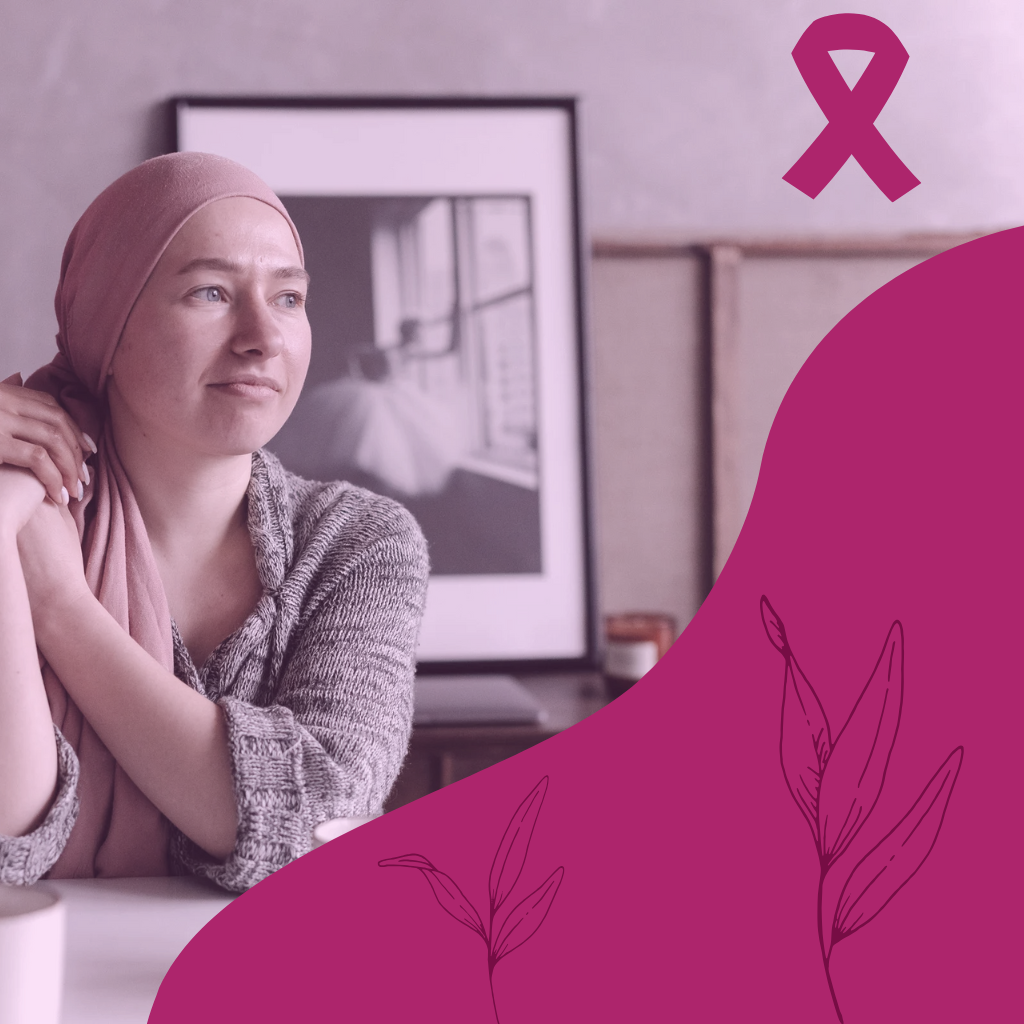
- The presence of a lump or unusual thickening in the breast or underarm.
- The size & shape of the breast can be changed
- Indentation or puckering of the skin on the breast
- Discharge from the nipple, especially if it contains blood
- Pain in the breast or nipple
Early detection through self-exams and regular screenings like mammograms plays a crucial role in improving survival rates. Awareness campaigns encourage individuals to prioritize their health and seek medical advice when symptoms arise.
The Impact of Breast Cancer Physically and Emotionally
The diagnosis during the breast cancer can be a life-changing experience. Patients often face a rollercoaster of emotions, including fear, anger, sadness, and uncertainty about the future. Physically, the disease and its treatments, such as surgery, chemotherapy, and radiation, can take a toll on the body. Side effects like fatigue, hair loss, and changes in body image further add to the emotional burden.
However, the emotional impact extends beyond the individual. Families and caregivers also experience anxiety and stress, often feeling helpless as they watch their loved one battle the disease.
The Role of Support Networks
Support networks are instrumental in helping patients cope with the challenges of breast cancer. Whether it’s family, friends, healthcare professionals, or support groups, these connections provide emotional strength, practical assistance, and a sense of belonging.
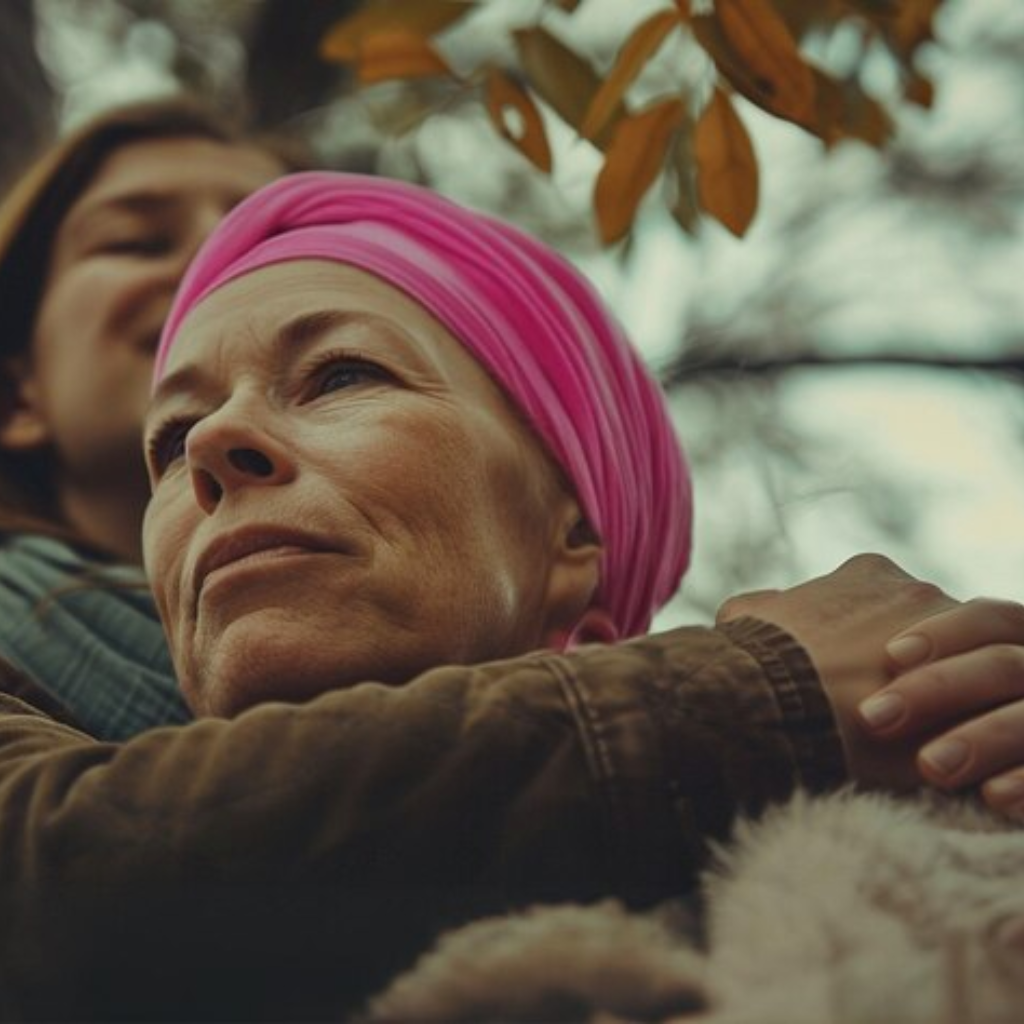
Ways to Support Someone with Breast Cancer:
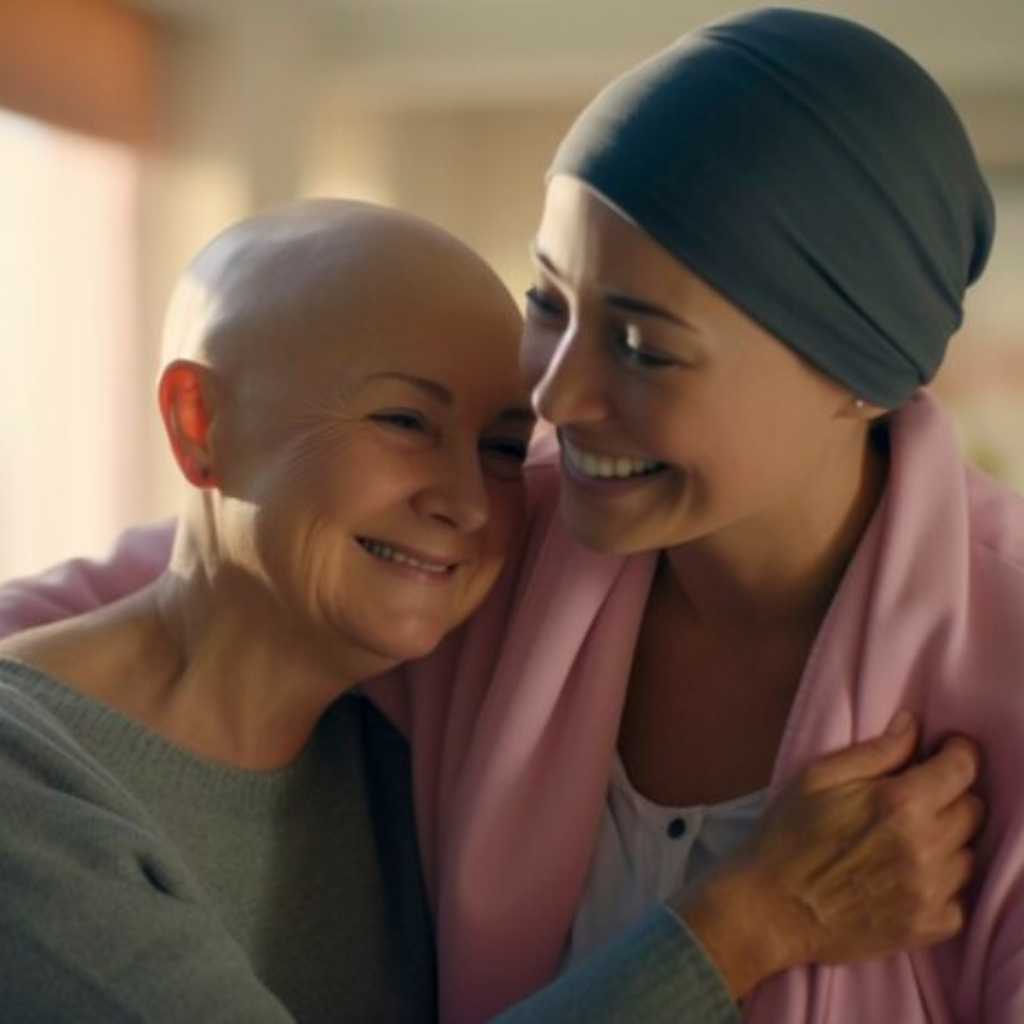
Emotional Support: Listen without judgment, offer words of encouragement, and be present during difficult times.
- Practical Help: Assist with daily tasks like cooking, cleaning, or transportation to medical appointments.
- Joining Support Groups: Encourage participation in local or online support groups where patients can share their experiences and learn from others.
- Financial Assistance: Help identify resources or organizations that offer financial support for medical expenses.
Healthcare providers also play a crucial role by creating a nurturing environment, offering personalized care, and guiding patients through treatment options. Additionally, many organizations now focus on providing holistic care, addressing not just the physical but also the emotional and mental well-being of patients.
Advancements in Breast Cancer Care
In recent years, there have been remarkable advancements in breast cancer detection and treatment. Early-stage cancers have better prognosis rates due to improved diagnostic tools and screening programs. Innovations like 3D mammography, targeted therapies, and immunotherapy have revolutionized treatment protocols.
Key Advancements:
- Precision Medicine: Tailoring treatments to the genetic makeup of the tumor for improved outcomes.
- Minimally Invasive Surgery: Techniques that reduce recovery time and preserve breast tissue.
- Supportive Care Technologies: Mobile apps and telehealth services that connect patients with healthcare providers and support systems.
In spite of all these advanced technology, discrepancy in access to care always remain a difficult challenge. Awareness campaigns must address these inequalities to ensure everyone has the opportunity to benefit from modern healthcare solutions
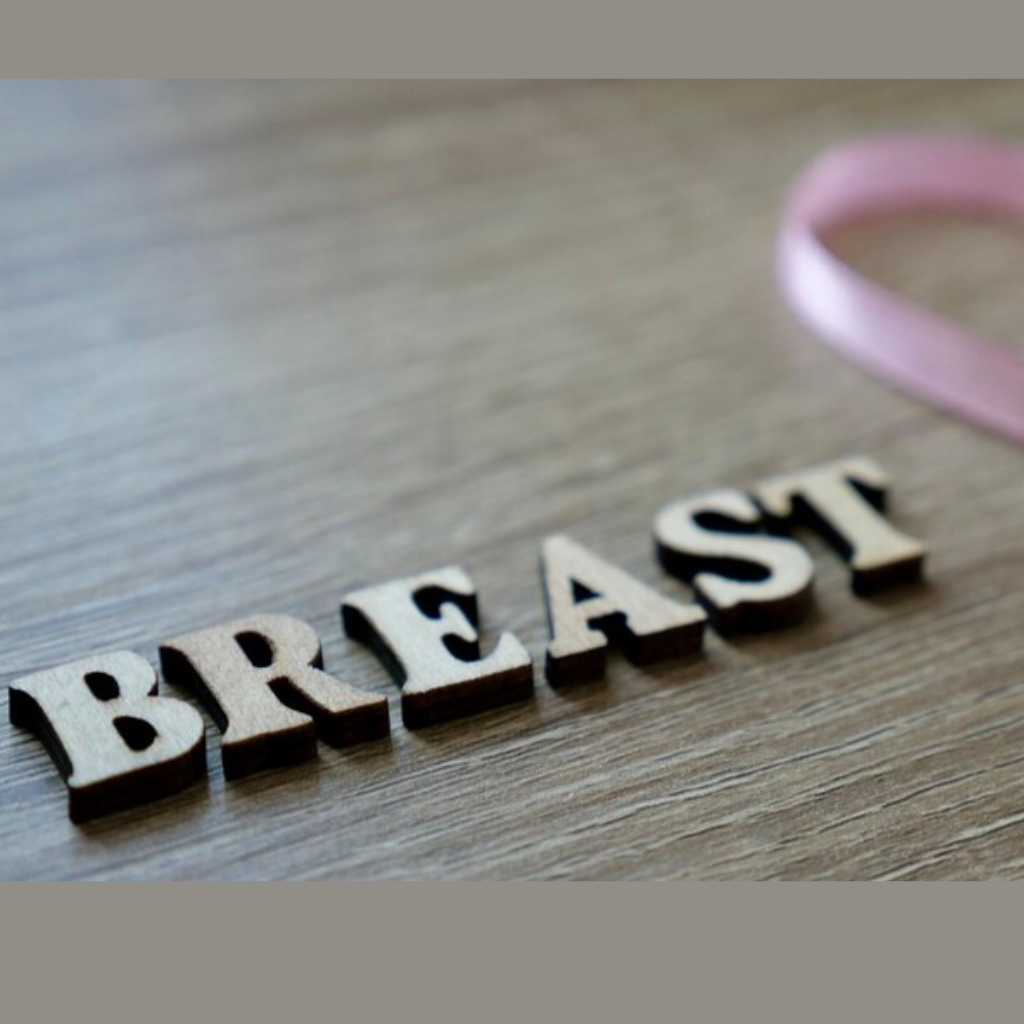
Raising Awareness: What Can You Do?
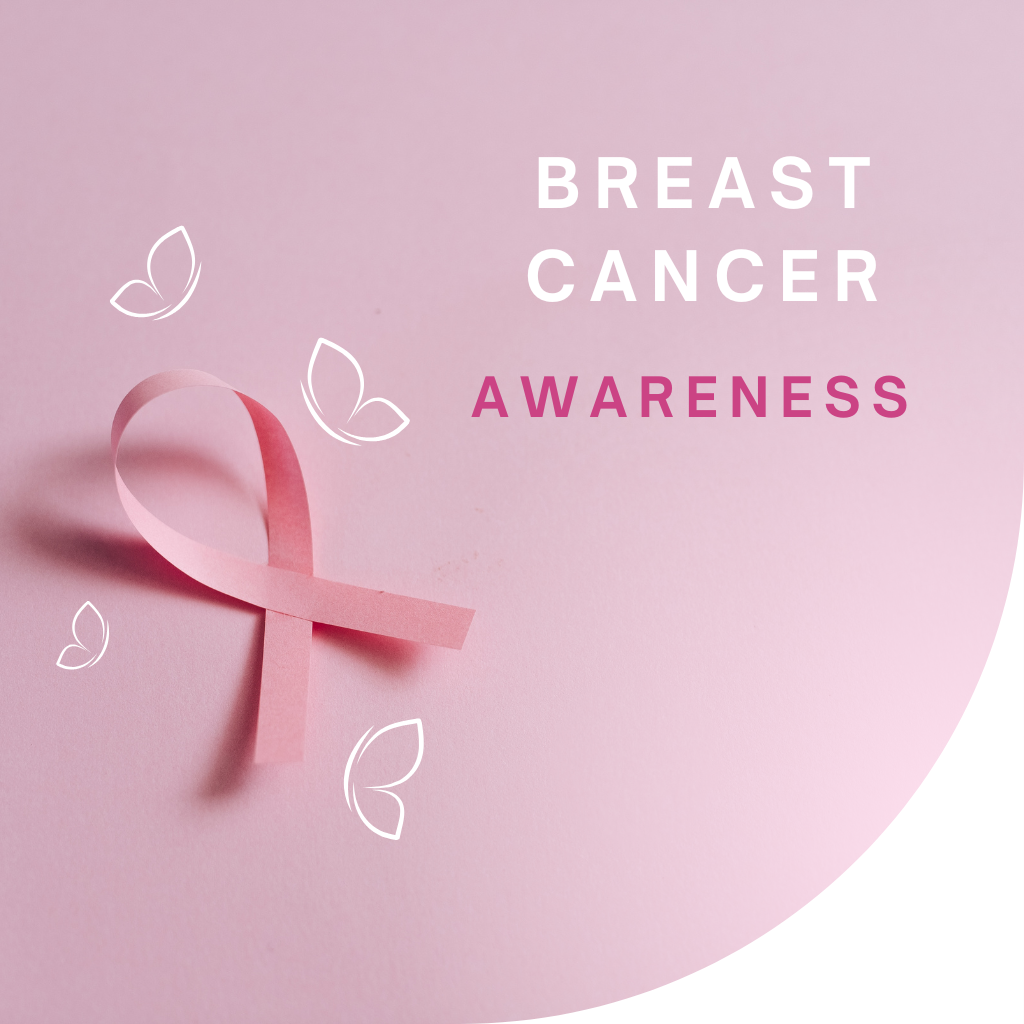
Breast Cancer Awareness Month, observed every October, provides an opportunity for individuals and communities to come together in support of this cause. This year, with the theme “No One Should Face Breast Cancer Alone,” the focus is on fostering connections and building inclusive support networks.
How You Can Contribute:
- Educate Yourself and Others: Learn about breast cancer, its symptoms, and the importance of early detection. Share this knowledge within your community.
- Support Fundraising Events: Participate in charity runs, bake sales, or donation drives to raise funds for research and patient support.
- Volunteer Your Time: Offer your time to local organizations that support breast cancer patients and survivors.
- Promote Awareness on Social Media: Use platforms to share stories, resources, and messages of hope.
- Advocate for Better Policies: Push for improved healthcare access, funding for research, and support services for patients
The Importance of Self-Care for Patients and Caregivers
One of the most important aspect is selfcare for both patients and their caregivers. For patients, this means taking time to rest, nourish their bodies with healthy food, and engage in activities that bring joy. Caregivers, on the other hand, must remember to prioritize their well-being to avoid burnout.
Tips for Self-Care:
- Meditation helps in reducing the stress
- Gentle exercises like yoga & walking aid to stay physically fit
- Take the professional help if depression and anxiety persist
- Connect with others who share similar experiences for mutual support.

Conclusion
Breast cancer is more than a medical condition; it is a journey that tests the limits of the human spirit. Yet, with the right support, compassion, and community, this journey can become a story of hope and triumph. The 2024 theme “No One Should Face Breast Cancer Alone” is a call to action for all of us to stand together, offering strength, love, and unconditional support to those who need it most. Let us rise to the occasion, cultivate a world where everyone feels seen, heard, and supported in the fight against breast cancer
